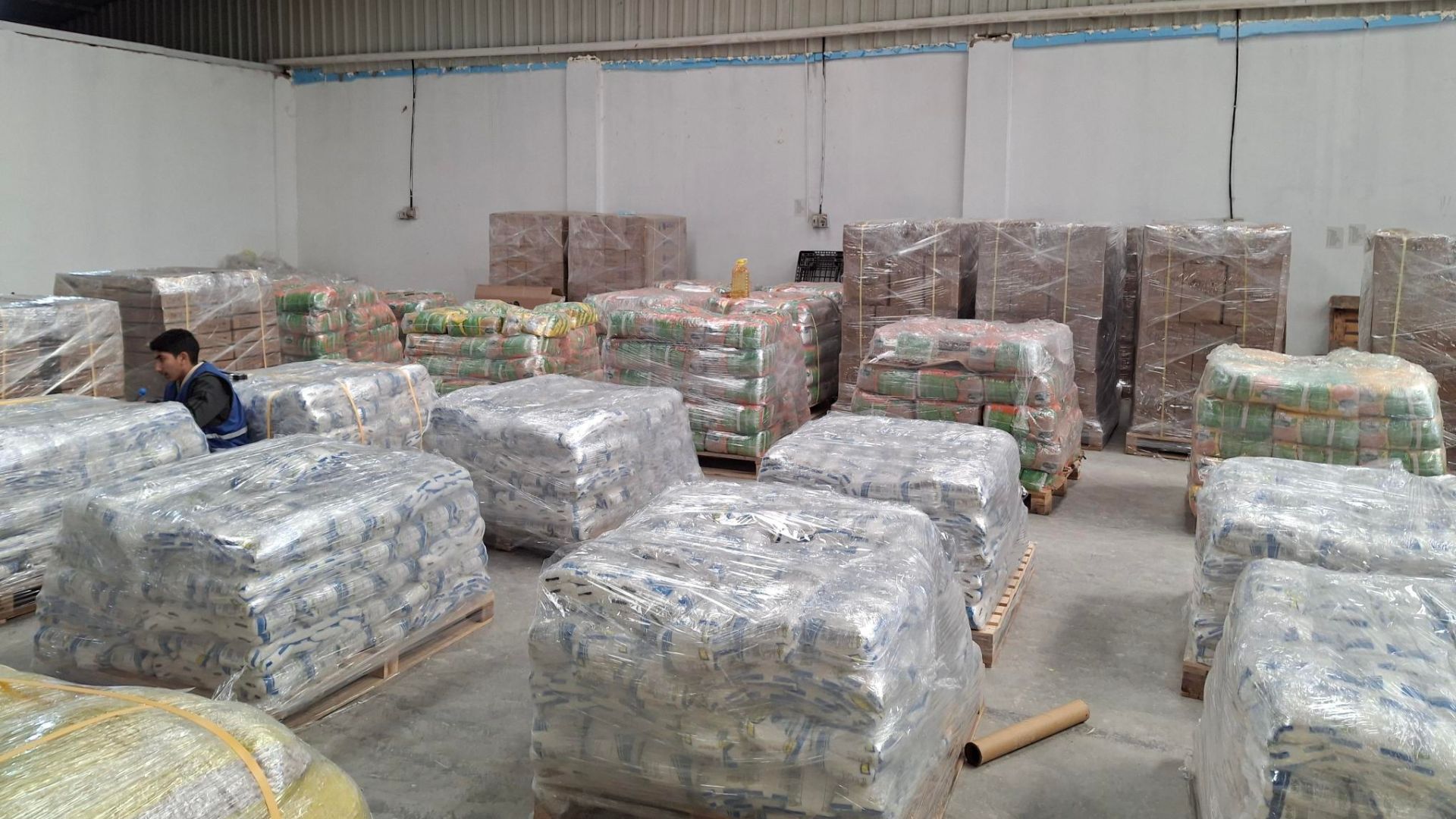Action Against Hunger teams on the ground report there are less than seven days’ supply of therapeutic food (RUTF based on peanut paste), essential to prevent acute malnutrition in children aged six months to five years, in southern Gaza and 10 days in the north.
There is still a lack of gas and continuous power cuts, leaving families unable or barely able to cook. A 1kg canister of gas costs $200, a price that is unaffordable for any family.
Natalia Anguera, Action Against Hunger’s Head of Middle East operations, said:
“Currently, only six days have been authorised for the entry of trucks with humanitarian aid, without allowing NGOs to load essential supplies. Flour has come in and some bakeries in the south have resumed operations, which is a vital step forward in combating malnutrition among children and pregnant or breastfeeding women, but specific nutritional supplies reserves for children under five are about to run out in the same area.”
Even if bakeries now have flour, the lack of fuel, energy, and safe water supplies prevents these facilities from being fully operational. The entry of chlorine for water purification remains unauthorised. Action Against Hunger’s water trucking is critically dependent on the availability of petrol, which is also in short supply.
The latest UN analysis, in which Action Against Hunger is involved, is stark – 71,000 cases of acute malnutrition are expected among children under five, of whom 14,100 could die if they do not receive urgent assistance.
Action Against Hunger currently has more than a hundred pallets of food aid pre-positioned in Amman, Jordan. According to the current indications, all humanitarian aid can only come from the Port of Ashdod (Israel), where UN and the INGOs have stored only 21% of the available pallets.
Current entry of aid is only limited to a few agencies. All cargo coming into Gaza must be pre-approved through the UN2720 Mechanism, which applies to both the Egypt and Jordan corridors. This means that more than 260,000 pallets of aid are blocked, ready to leave via the Jordan and Egypt-Rafah corridors, but without authorisation.


